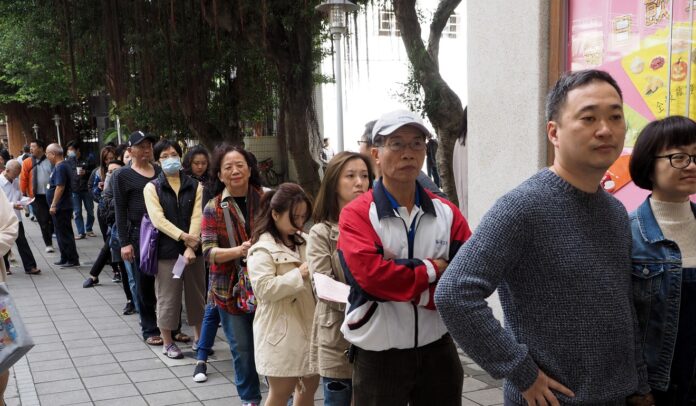Taiwan Election: A Balancing Act Amidst Regional Tensions
As Taiwan gears up for its upcoming election, the eyes of the world are fixated on this self-governing island with a population of 23 million. The Taiwan election will determine not only the new president but also shape the island’s relations with both Beijing and Washington. With three contenders—William Lai Ching-te of the Democratic Progressive Party (DPP), Hou Yu-ih of the Kuomintang (KMT), and Ko Wen-je of the Taiwan People’s Party (TPP)—the stakes are high, influencing the delicate balance of power in the region.
The China Factor

A significant concern in Taiwan Election revolves around China, which has intensified pressure on Taiwan in recent times. The People’s Liberation Army’s increased activities around the island and Beijing’s clear opposition to candidate William Lai, aiming for an unprecedented third term for the DPP, adds tension. The PLA’s warning against Taiwan independence plots and its high alert status underscore the gravity of the situation.
Taiwan’s President Tsai Ing-wen’s defense of the island’s sovereign status has strained relations with China. The Taiwan Strait witnessed increased military drills, and Beijing accelerated its timeline for unification, leading to the suspension of formal communications. However, Taiwan has strengthened ties with the US, receiving substantial military support.
Taiwan Election:Beyond China
The repercussions of escalating tensions extend beyond China and Taiwan. The US, with a significant naval presence in the region, faces the challenge of clarifying its support in case of a Chinese attack. Taiwan’s next president must navigate these complex alliances, particularly considering potential changes in the US relationship based on future elections.

The global economy also hangs in the balance. The Taiwan Strait is a crucial hub for international trade, and any disruption could paralyze the global supply chain. Taiwan’s semiconductor production, vital for various industries, adds another layer to the economic impact. A complete disruption of China’s trade could significantly reduce world trade and GDP.
The Way Forward
While the election’s outcome will impact Taiwan’s ties with China and global economic dynamics, domestic issues such as the cost of living and job creation also play a crucial role. Analysts anticipate a divided government, with different parties controlling the executive and legislative branches. Despite potential political gridlock, there’s optimism that a more experienced DPP and a less powerful KMT could strike a balance between economic growth and peace with China. The Taiwan election’s outcome will undoubtedly shape the trajectory of Taiwan’s future amidst regional complexities.
